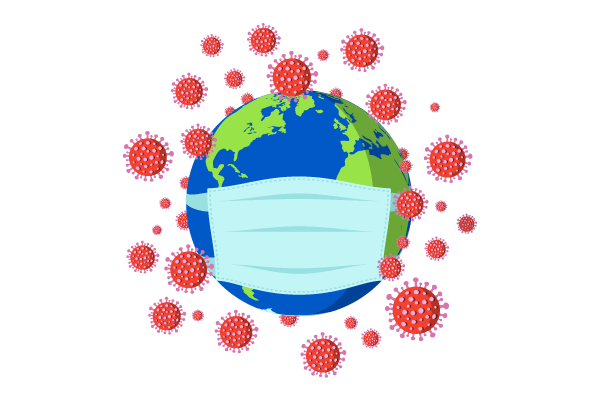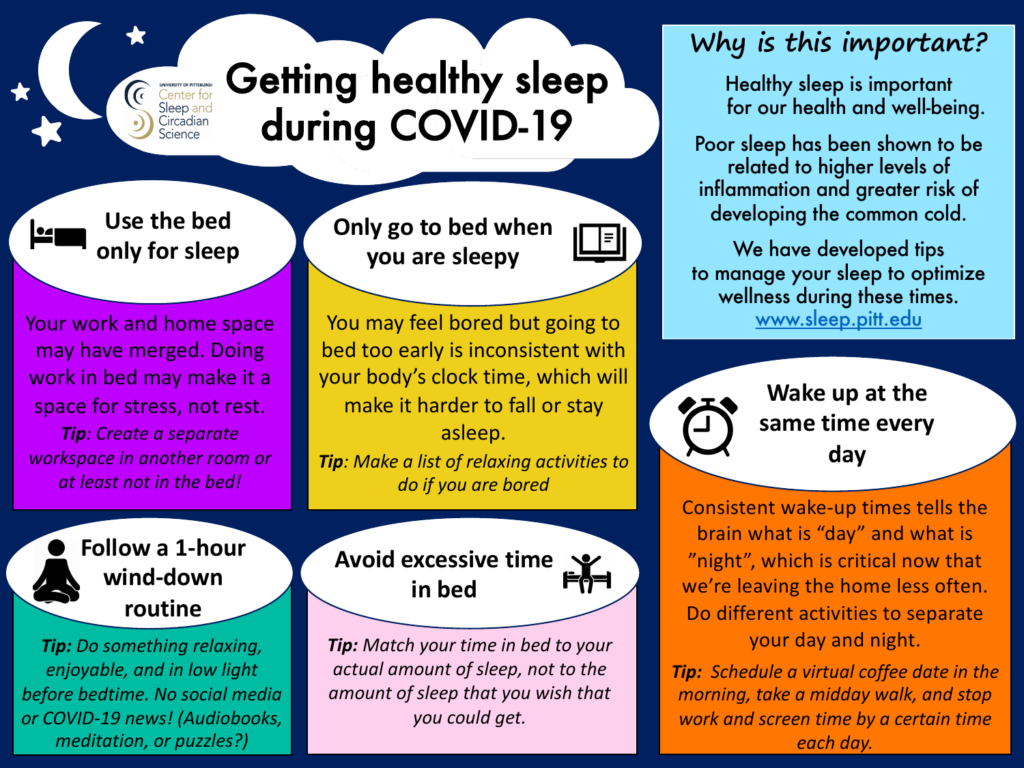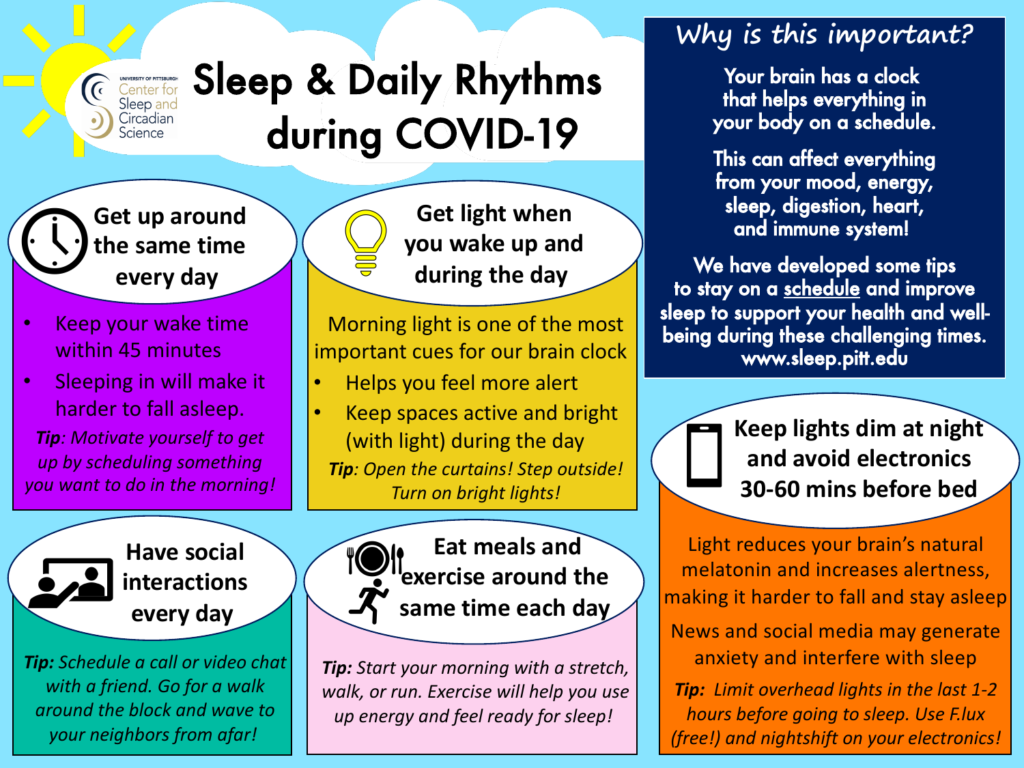COVID-19: Related Resources for the Psychological Science Community

In addition to our original reporting, APS is curating a collection of guidance and tools from around the web that are related to the psychological, social, and behavioral impacts of COVID-19. These recommendations have not been vetted and are from our members and the psychological science community worldwide. Inclusion on this page does not constitute APS’s support or endorsement.
To submit other relevant resources for consideration, please email [email protected].

COVID-19 Research From SAGE Publications
This collection of articles “includes the latest medical research from SAGE related to the virus as well as top social and behavioral research to help individuals, communities, and leaders make the best decisions on dealing with the outbreak and its consequences.”
Podcast: Research in the Time of Corona
APS Fellows Patrick Curran (University of North Carolina) and Gregory R. Hancock (University of Maryland, have dedicated an episode of their quantitative methods podcast, Quantitude, to starting a conversation about “how COVID-19 has had an instantaneous and lasting impact on quantitatively-oriented research across so many disciplines, what we can do about it right now to salvage current work when possible, and what we should be thinking about doing differently in the future as we move forward into the new normal.” Download “Research in the Time of Corona” from major podcast services (e.g., Apple Podcasts, Spotify), or listen directly on buzzsprout.com/639103.
Article: A Scientific Theory of Gist Communication and Misinformation Resistance
This article was published April 20, 2020 by APS Fellow Valerie F. Reyna on PNAS.org, the Proceedings of the National Academy of Sciences. Reyna is the Lois and Melvin Tukman Professor, director of the Human Neuroscience Institute, and co-director of the Center for Behavioral Economics and Decision Research at Cornell University. See additional commentary from Reyna in this APS roundtable discussion: Psychological Science and COVID-19: What We Know and What We Can Do.
Memo: Maintaining Lockdown and Preparing an Exit Strategy: A View From Social and Behavioral Sciences
On April 14, a group of Belgian social psychologists prepared and presented this memo to the federally appointed committee that is preparing “the gradual exit strategy” from the COVID-19-related lockdown in Belgium. APS Fellow Batja Mesquita, a professor of social psychology at KULeuven, is a signatory of the memo. She shared the memo with APS.
Evidence-based Infographics on Healthy Sleep and Daily Rhythms
APS Member Jessica Hamilton and Marissa Bowman, of the University of Pittsburgh Medical Center/Center for Sleep and Circadian Science, shared these evidence-based infographics to help synthesize key information for maintaining healthy sleep and daily rhythms during COVID-19.


Online Course: Punch Through Pandemics With Psychological Science
APS Fellow Regan Gurung of the Department of Human Development and Psychology at Oregon State University writes, “My colleagues and I are teaching a course on coping with the pandemic, using psychological science. This is a course for Oregon State Students but is also FREE to anyone, anywhere in the world.”
Online Archive: PROJECTCOVID19.ORG
Writes APS Student Affiliate Cale Wright of the University of Tennessee Health Science Center: “Our goal [with this archive] is to encourage people around the country to share about their experiences amidst this pandemic. Submissions may be anonymous. We hope to turn responses into an article about how individuals have been affected by this pandemic and how we can better prepare for future pandemics/mental health crises.”
Article: COVID-19, Fear and the Future: An Attachment Perspective
This article, by APS Member Howard Steele, professor of psychology at the New School for Social Research, was published April 2 in Clinical Neuropsychiatry. From the abstract: “This brief paper summarizes and appraises two prominent psychological accounts of the role fear plays in human life: (1) terror management theory and (2) attachment theory, highlighting research demonstrating that attachment security moderates the experience of fear. Moreover, the suggestion is made that fear of loss of loved ones, and fear of loss of love, is the primary source of fear and anxiety in human life. This paper also highlights the importance and value of showing ‘reflective functioning’ regarding our anxieties or ‘mentalizing’ fear so that we are better prepared for inevitable pandemics in the future.”
Self-Help Guide: Coping With Fear and Sadness During a Pandemic
From the introduction by William C. Sanderson, professor of psychology and director of the Anxiety & Depression Clinic at Hofstra University: “[W]e offer the following, science-based suggestions, to help manage fear and sadness. The starting point is that of course, anyone not having some increase in their anxiety and sadness probably has an emotion system that is not working as it should…. [Y]ou will find a summary of many common ‘pandemic-related’ issues that we have observed and how they push the buttons of well-known processes that are generally involved in increased anxiety and depression. Solutions to best manage negative reactions follow each of these.”
Other Resources
- Loyola University survey: Young Adults’ Responses to the COVID-19 Pandemic
- National Institute of Mental Health Study: Mental Health Impact of COVID-19
- Pandemic Life, a selection of Annual Reviews articles providing context for the personal, social and cultural impacts people are experiencing.
To submit other relevant resources for consideration, please email [email protected].





APS regularly opens certain online articles for discussion on our website. Effective February 2021, you must be a logged-in APS member to post comments. By posting a comment, you agree to our Community Guidelines and the display of your profile information, including your name and affiliation. Any opinions, findings, conclusions, or recommendations present in article comments are those of the writers and do not necessarily reflect the views of APS or the article’s author. For more information, please see our Community Guidelines.
Please login with your APS account to comment.